Internet of Things
ADHRI aims to implement IoT-enabled solutions like remote monitoring, asset tracking, and connected ambulances to enhance data-driven care.
The Internet of Things (IoT) offers tremendous potential to improve healthcare delivery and outcomes across Africa. As a leader in digital health, the African Digital Health Research Institute (ADHRI) is well-positioned to leverage IoT technologies to revolutionize the continent's healthcare systems. Here are some of the key ways IoT can be applied:
Telemedicine and Remote Monitoring
IoT-enabled devices can remotely monitor patients and transmit health data to healthcare providers in real-time. This facilitates telemedicine and allows clinicians to intervene early before conditions worsen. Sensors and wearable devices can track vital signs, medication adherence, and emerging health threats.
Medical Asset Tracking
Hospitals often lack systems to track medical assets like wheelchairs and vital sign monitors. IoT tracking solutions would ensure assets are accounted for and readily available when needed. This improves hospital workflows and inventory management.
Smart Health Facilities
IoT sensors can automate and optimize healthcare facilities. Smart lighting adjusts to occupancy levels and seasons, while smart climate control regulates temperature, humidity and air quality. IoT-enabled facilities management improves energy efficiency and creates better healing environments.
Inventory & Supply Chain Optimization
Many medical consumables have expiration dates and temperature storage requirements. IoT solutions can track inventories and environmental conditions in real-time. Supply chain costs and waste can be reduced through smart routing, storage and spoilage monitoring.
Connected Ambulances & Telemetry
Ambulances outfitted with IoT devices can transmit patient telemetry to the hospital while in transit. Physicians can view stats and prepare for care the moment the patient leaves the scene. GPS tracking also coordinates optimal routing to nearby hospitals.
